Sustainable wellbeing and green living
Let's find ways to Flourish!
Solar Walls

Image courtesy of SolarWall.com
You know how I love smart and low-tech green building solutions, and the Solar Wall is definitely up there in terms of benefit. It can easily pay for itself in a few short years and offers long term reduced heating costs by simply using the sun’s energy to heat incoming air in cold climates. It is nearly passive, with low-tech requirements. All you need is a sunny wall on a building, and the ability to integrate it with the heating and ventilation system.
How do they work?
The external portion of the solar wall consists of a metal cladding that is mounted on the exterior wall of the building, leaving a few inches of space in between the building and the metal cladding. The perforated metal solar cladding is fixed to the wall, creating a cavity between the two walls. It is in this cavity that the heating occurs.
Air between the building’s exterior wall and the metal cladding warms up when the sun hits it and this warm air naturally rises to the top of...
B Corp Certification
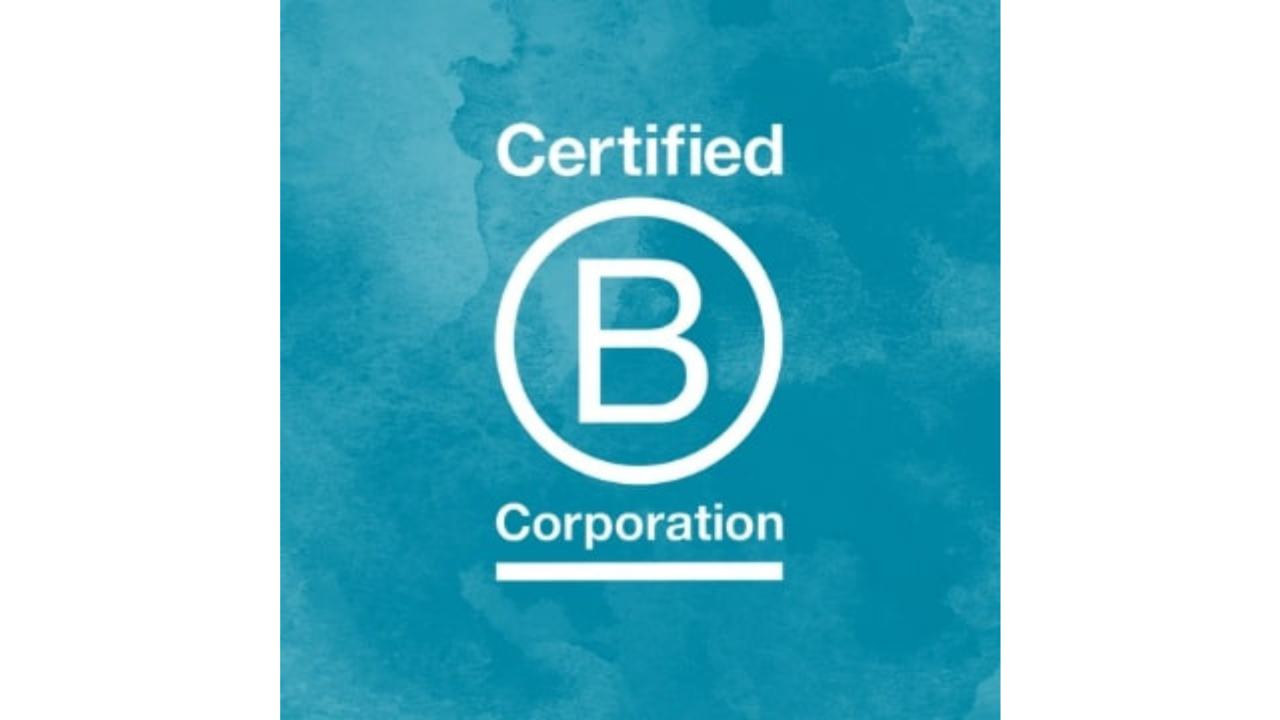
Image courtesy of Danone.com
Business owners often seem to face the dilemma of choosing between making a profit and making a positive social and environmental impact. What if there was a way that you could make money while doing good? It is possible to achieve your financial goals while adhering to your values! Corporations are being recognized for doing just that and becoming B Corp Certified!
What are B corporations?
B Corporations, also referred to as B Corps, are corporations that are dedicated to improving their social and environmental performance. B Lab, the non-profit behind B Corps, defines certified B corporations as
“businesses that meet the highest standards of verified social and environmental performance, public transparency, and legal accountability to balance profit and purpose. B Corps are accelerating a global culture shift to redefine success in business and build a more inclusive and sustainable economy.”
In order to become a B Corp, companies must undergo a c...
Citizen Research
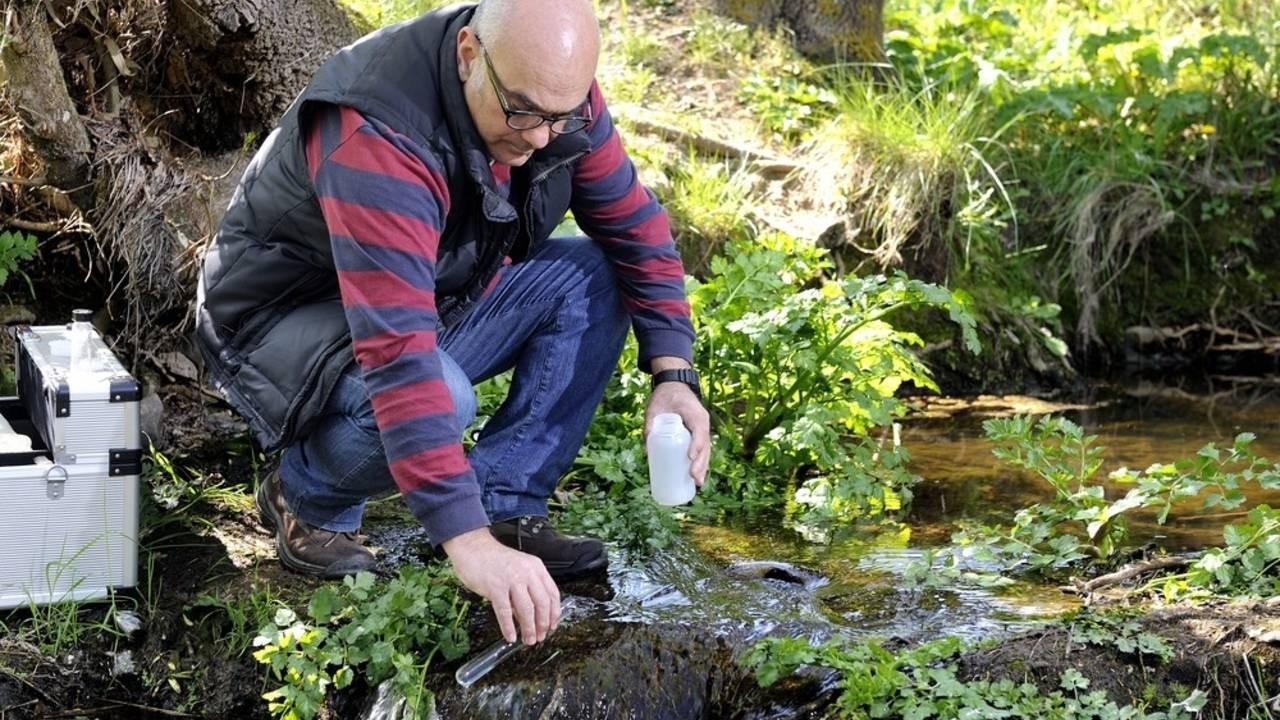
Science lovers are everywhere! You don’t need a degree in science to know that you love learning, looking at data, and contributing to our collective knowledge about the natural world. Whether your interest in science stems from your desire to know more about the world around you, the intellectual challenges it provides, or educating the children around you, there are ways that you can be a part of scientific research!
It is not uncommon for individuals to believe that there is no space for ordinary citizens when it comes to scientific research. This is not the case! The truth is that you -don’t- have to have a PhD in order to participate in scientific research. Whether you are interested in learning about the ecosystem function of a specific species or the impacts of pollution on water bodies, there is a way that you can collaborate with scientists and researchers in order to gather important data and make a difference in the scientific community! Through citizen science projects tha...
Forest Therapy
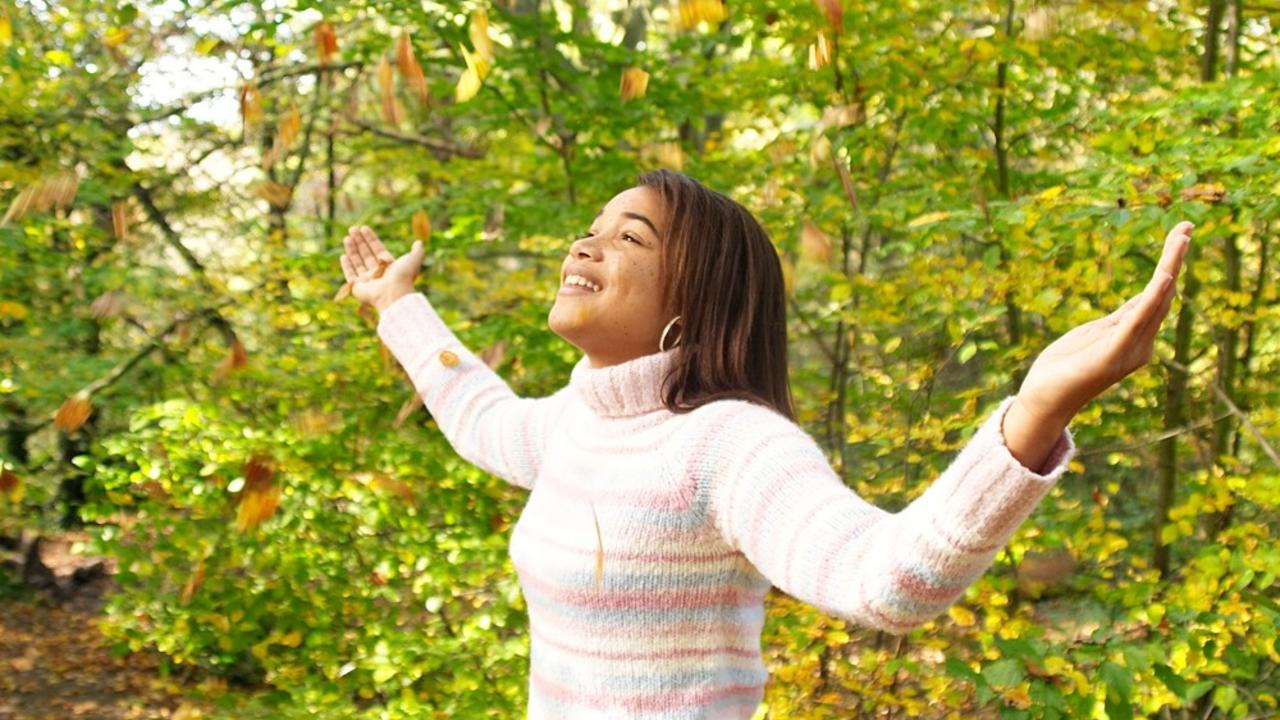
Forest bathing is a mental and physical wellbeing exercise that emerged in Japan in the 1980s, and is a tool of Forest Therapy. The Japanese name, shinrin-yoku, can be directly translated into the English words “forest” and “bath.” This exercise, as its name suggests, involves immersing yourself in nature and connecting to your surroundings through sight, sound, touch, smell, and taste.
Therapeutic effects of forest bathing
Forest bathing is not only a relaxing and peaceful activity to partake in, but it also has many therapeutic effects. Spending time in a forest can provide individuals with significant psychological and physiological improvements such as anxiety, stress relief, decreased blood pressure and heart rate, pain management, and improvements in certain mood disorders.
Additionally, scientific studies have identified that forest bathing may result in improved immune function. This increased immune response is thought to be caused by human inhalation of natural chemicals r...
Ubuntu

Ubuntu is a term that originates from a Nguni Bantu language spoken in Sub-Saharan Africa. In its most simple form, ubuntu can be translated to the English word “humanity.” This translation, however, doesn’t do the term justice, as it can also be translated to the more complex expressions “I am because we are” and “humanity towards others.”
Ubuntu is more than a simple word or phrase. It also has philosophical associations, as Ubuntuism was accepted in Southern Africa in the 1980s and 1990s as a kind of humanist philosophy. In this context, Ubuntu means “the belief in a universal bond of sharing that connects all humanity.”
As you may be able to gather from the definitions and translations provided above, Ubuntu is about togetherness and sharing the burden of our actions and their impacts. Despite how it may feel at times, we are not alone in this world. Our existence is shared and our actions, whether they are positive or negative, impact us all.
This concept of humanity as a singl...
Green Kids' Birthday Parties

Celebrating a child’s birthday is an important marker of time and full of happy chaos! As much as we want to make these events special for the children that we love, the last thing we want to do is throw a party that leaves a legacy of waste. Of course, you love your child and want to protect their future, and throwing a green birthday party is a great way to start! It shows your child and their friends that you can celebrate as you live lighter on the earth.
Here I have rounded up some amazing ideas to get you started!
Think about a goal of Zero Waste and earth-friendly gifts and party favours. It can be unique and special to you and your child, and a really great way to leave a greener legacy for your child.
Let’s start with tackling Zero Waste
It doesn’t have to be any more difficult to host a party that has no waste. Once you are set up, it can be cheaper and easier than buying disposable dishes, cutlery, napkins, wrapping paper, decorations, etc. I purchased durable reusable s...
Backyard Composting
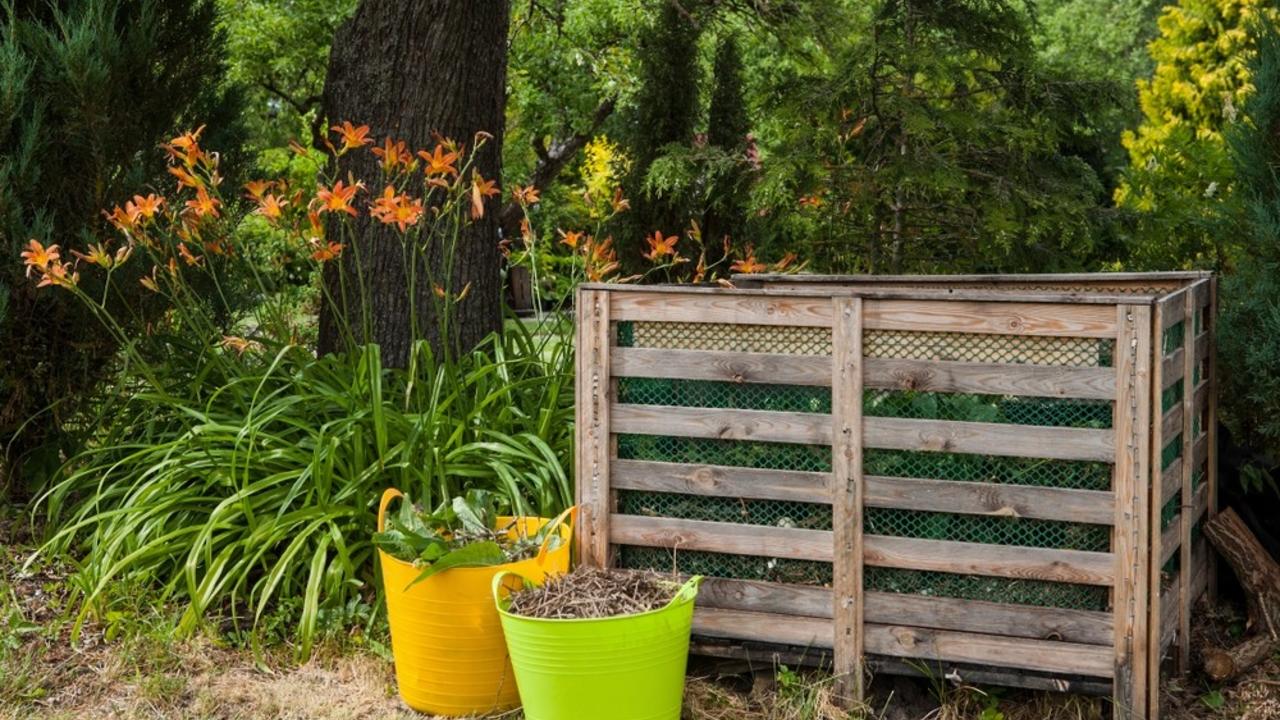
Composting is a method of waste diversion. As with anything related to sustainability, our main goal should be to decrease the amount of waste we produce, and this means wasting less food. However, there are plenty of food scraps that are produced when we cook at home, and I truly believe that cooking dinner is an act of sustainability.
Composting is a great way to dispose of food scraps and waste. Not only does it help to reduce carbon emissions, but it also helps to rebuild soil quality, and gets us more in touch with natural processes, right in our own backyard!
So, what to compost?
Food scraps are the best and most straightforward things to put in your compost bin. Food scraps are the inedible portions of food such as peels, rinds, and husks. These are not to be confused with food waste, which are edible portions of food that are thrown away or allowed to go bad. While some food waste can also go in the compost bin, we have to be more selective here. More on that in a moment. Th...
Green Doggie Waste Bags
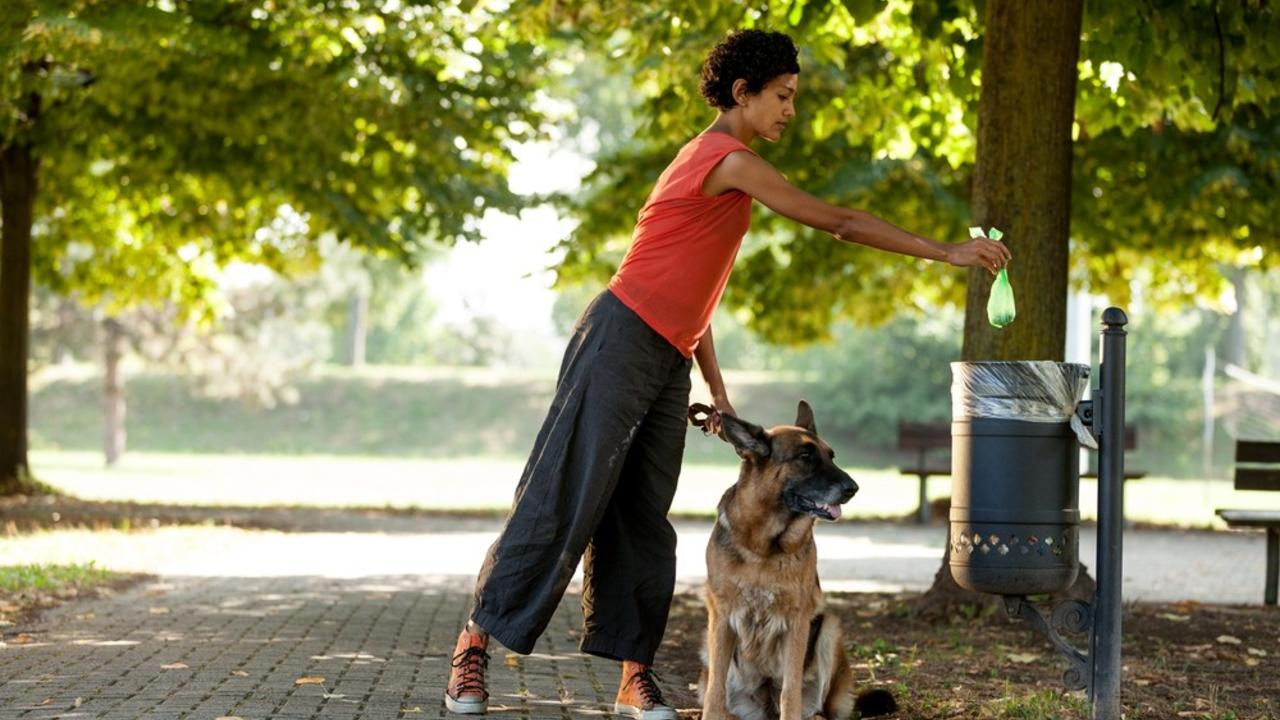
Yes, we do love our pets! And as a dog owner, I am sure that you are responsible on your walks and pick up after your beloved buddy. But what about the impact of that doggie waste bag? Are we destined to be adding more plastic to the landfill as responsible dog owners?
No, not at all! There are great alternatives in the form of compostable doggie waste bags!
Just because petroleum-based bags are common, doesn’t mean they are the only option. Although we use dog waste bags in order to clean up after our dogs and leave the environment cleaner and safer, we can do this without adding more plastic to the environment.
Compostable doggie waste bags
An earth-friendly alternative to petroleum based doggie waste bags are bags that are compostable. While many products are labelled as “biodegradable,” this term can often be tricky, as most materials will eventually break down in the environment over time. A product may be biodegradable but that doesn’t mean they’ll break down anytime soon! An...
Rights of Future Generations
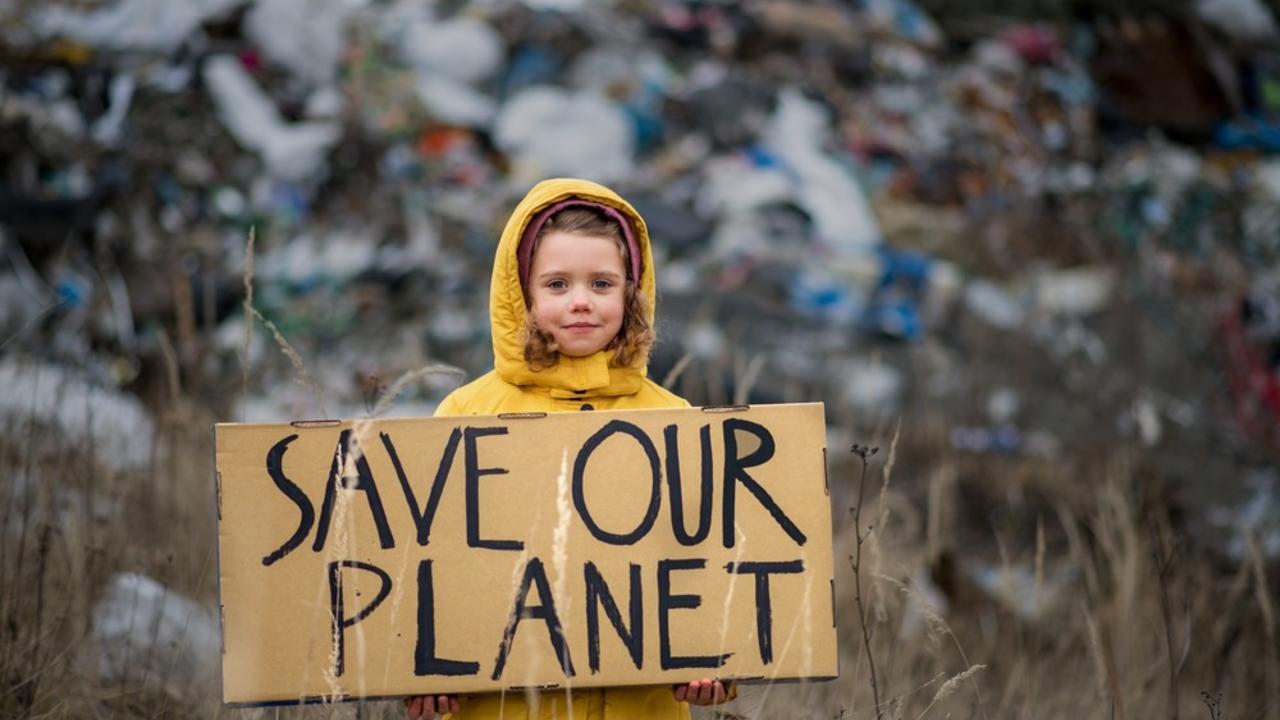
The interests of future generations are often on our minds when we think about lasting environmental damage. But wouldn’t it be amazing if we actually followed through and held our governments to account when it comes to protecting natural resources for future generations? Well, this is what brave children are now demanding all around the world. And guess what? It is gaining traction!
Discussions surrounding environmental sustainability often mention the protection of resources, preservation of biodiversity and ecosystems, as well as environmental restoration. These goals ensure that not only present generations are provided for, but that future generations will be able to survive and thrive as well. This sentiment is expressed in the 1987 Brundtland Report which defines sustainable development as “development that meets the needs of the present without compromising the ability of future generations to meet their own needs”
The current climate change crisis threatens future generatio...
Freecycle

What to do with stuff that we no longer need? Chances are, you’ve been in this position before and have had to decide on the best course of action when it comes to getting rid of things you no longer need. Although the answer may seem straightforward to some, there are pros and cons associated with almost every method of disposal.
For example, while throwing out an item is the easiest and fastest option, it is usually the worst option for the environment and wasteful if the item is still in good repair. On the other hand, donating your things allows them to be used by others, but there’s a chance they will be sent to the landfill anyways if they don’t end up selling. Perhaps there is another alternative…
Freecycle
Freecycle is a grassroots and 100% non-profit network of people who are looking to give and receive stuff for free in their area. This movement works to ensure that good-quality and fully functioning items stay out of the landfill and service people in need. This is a grea...

